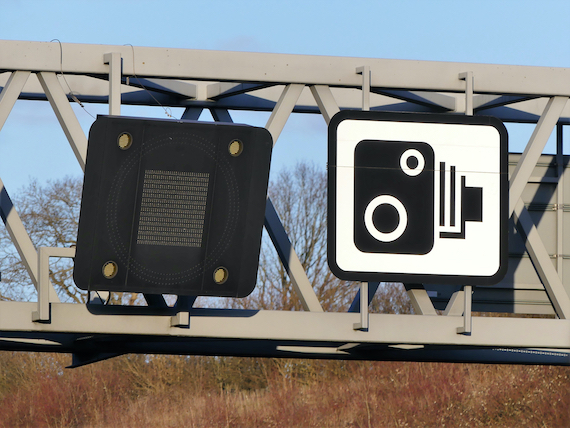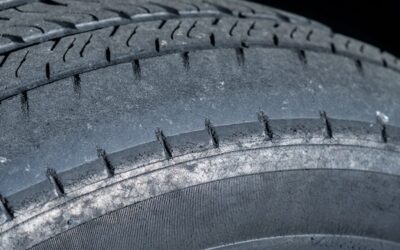It’s usually easy to tell what the speed limit is on any road in the UK. We have a quick guide to the signs of what the speed limit is on any road to help you know the speed limit is if you’ve missed the road sign.
Most speed limits are constant. If you see a sign declaring that there’s a 30 mph limit on a road, then you can be sure that the limit will always be 30 mph on that road.
But you might have heard of variable speed limits – occasions where the speed limit on a road might change, for one reason or another.
What is a Variable Speed Limit?
Variable speed limits appear on “smart motorways”. Smart motorways monitor traffic flow in real time. If they detect any congestion, they’ll introduce measures to try and ease this congestion. One measure is to open the hard shoulder as a live traffic lane. Another is to introduce a variable speed limit.
So a variable speed limit is a temporary speed limit used on a smart motorway when there’s congestion ahead. Without restrictions, even a small bit of congestion can snowball into a major traffic jam. But through forcing vehicles to slow down, variable speed limits keep traffic flowing while allowing instances of congestion to ease before they get any worse.
Smart motorways also introduce variable speed limits for safety reasons – such as if there’s a stranded vehicle or roadworks up ahead.
What Sort of Variable Speed Limits are There?
Many of the UK’s busiest motorways are now smart motorways, including the M1, the M6, and the M25. It’s on such motorways that you’re likely to encounter variable speed limits. The national speed limit on the motorway is usually 70 mph. Smart motorways usually set variable speed limits at 60 mph, 50 mph, or 40 mph.
They communicate this temporary speed limit on the gantries above the road. These gantries will also let you know when the variable speed limit ends. After this, the speed limit will return to its usual 70 mph.
What Are the Fines for Breaking Variable Speed Limits?
Smart motorways use average speed check cameras to enforce variable speed limits. They can automatically detect if you’re breaking the temporary speed limit. At minimum you’ll get a £100 fine and 3 penalty points on your licence. This may then affect the cost of your car insurance.
The fines for breaking a variable speed limit are exactly the same as they are for regular speeding offences. But more severe offences can bring more severe penalties. In extreme cases, you may get a court summons, or even disqualified from driving.
For more, you can read our complete guide to driving convictions and penalties.
How to Appeal a Variable Speed Limit Fine
So UK law treats variable speed limits just like standard speed limits – the penalties for breaking them are the same, which means the process for appealing is also the same.
If you break the speed limit, you’ll usually receive a Notice of Intended Prosecution (NIP) from the police. You’ll then have 28 days to respond to this notice – essentially to confirm that you were driving the vehicle at the time. If you don’t respond, you can expect a court summons, a fine, and 6 penalty points on your licence.
Responding to an NIP isn’t an admission of guilt. You’ll still have a chance to appeal, even after you confirm that you were driving the vehicle at the time of the incident.
In some cases, you might be able to avoid the fine and the penalty points through taking a speed awareness course. Find out more about speed awareness courses and who will be offered them.
But you can’t request to do a speed awareness course. The offer must come from the police. And if they don’t offer you a speed awareness course, then you have two choices: To pay your fine and accept the points, or appeal it.
Appealing a speeding fine isn’t like appealing a parking fine. You can’t do it in writing. It will involve spending a day in court. So you should only consider appealing if you believe you have a solid case. Because if you take your case to court and lose, then there’s no avoiding the severe penalties that come with speeding offences.
Can I Still Get Car Insurance as a Convicted Driver?
As a convicted driver it is still possible to find a policy that suits your needs. But it will depend on the convictions and the number of points on your licence.
At Go Girl, we understand that your past behaviour is no indication of your future behaviour. Find out more about convicted and disqualified car insurance with Go Girl.




